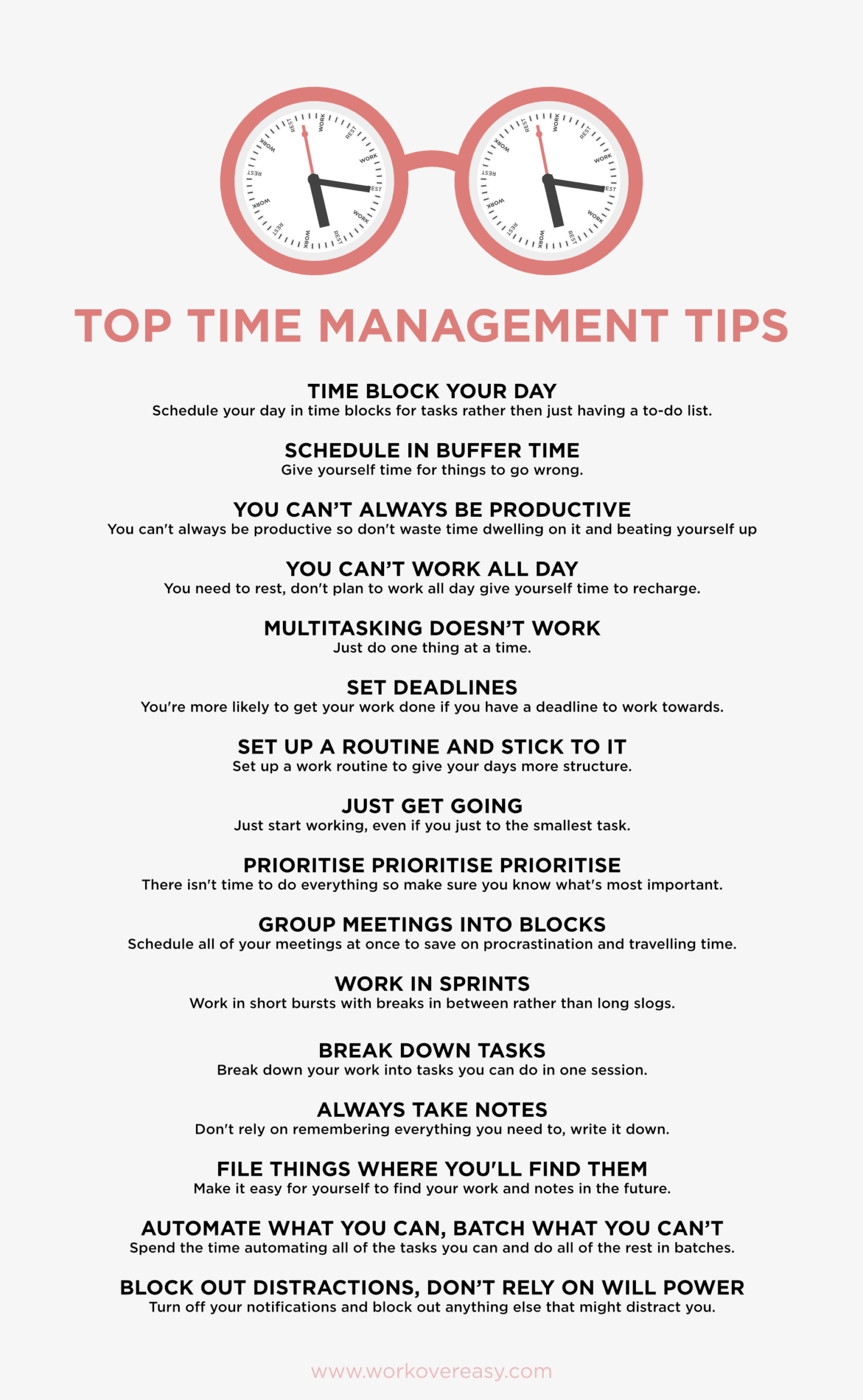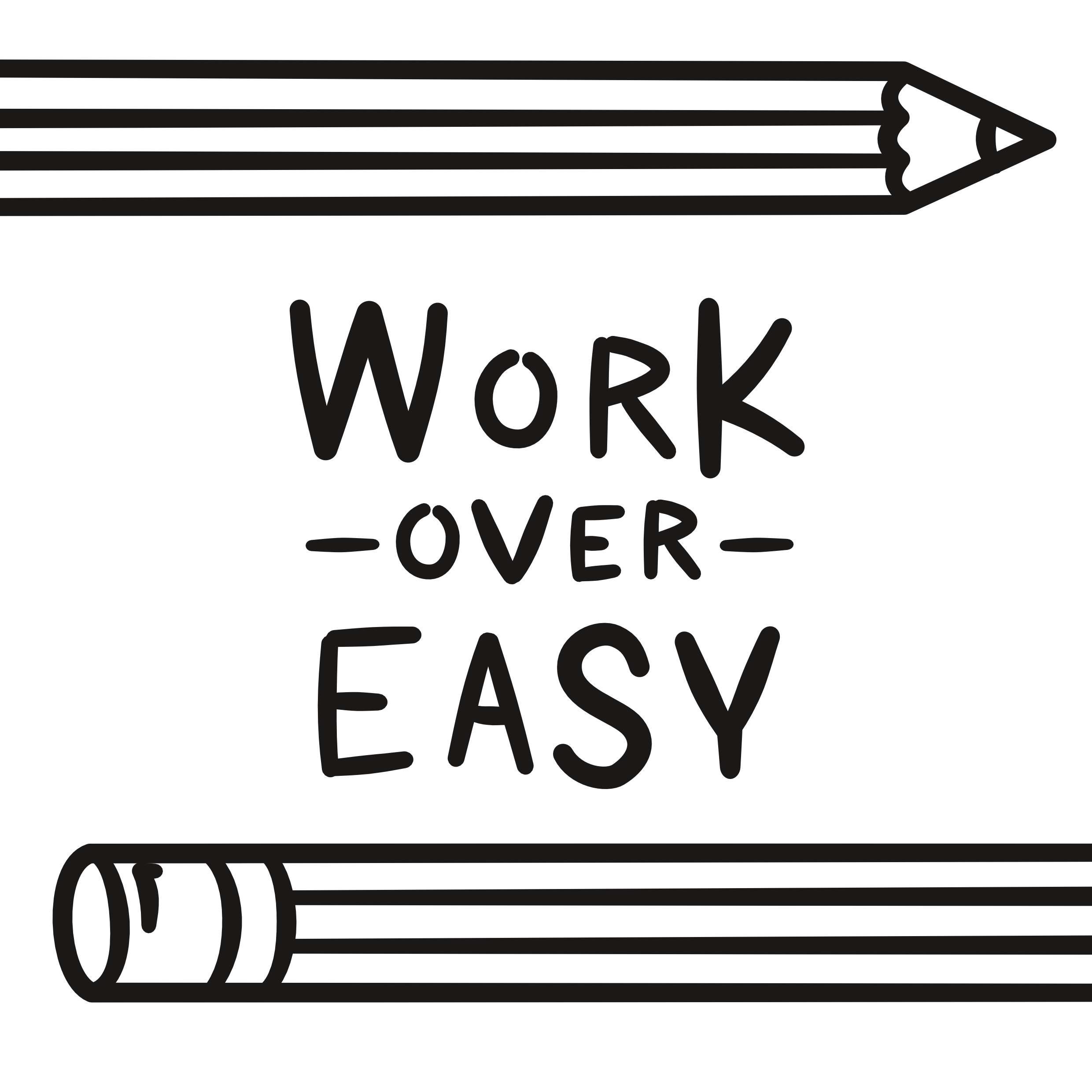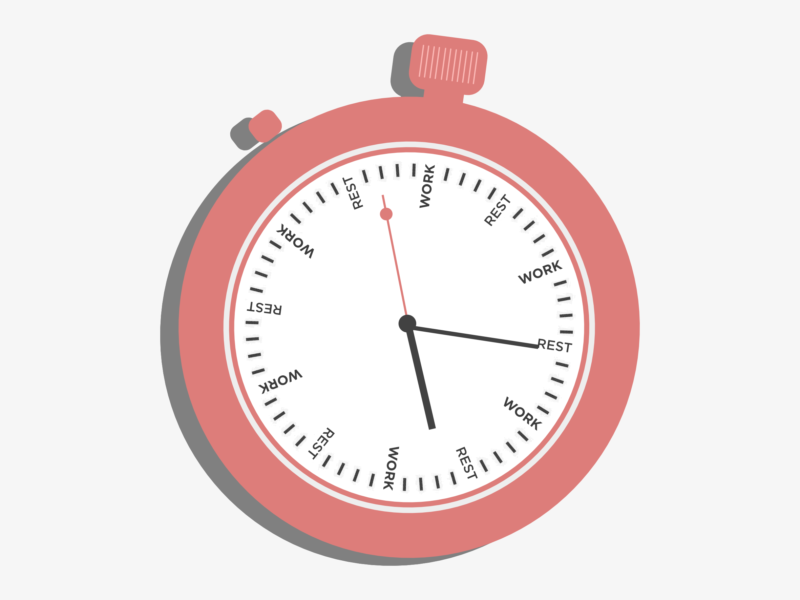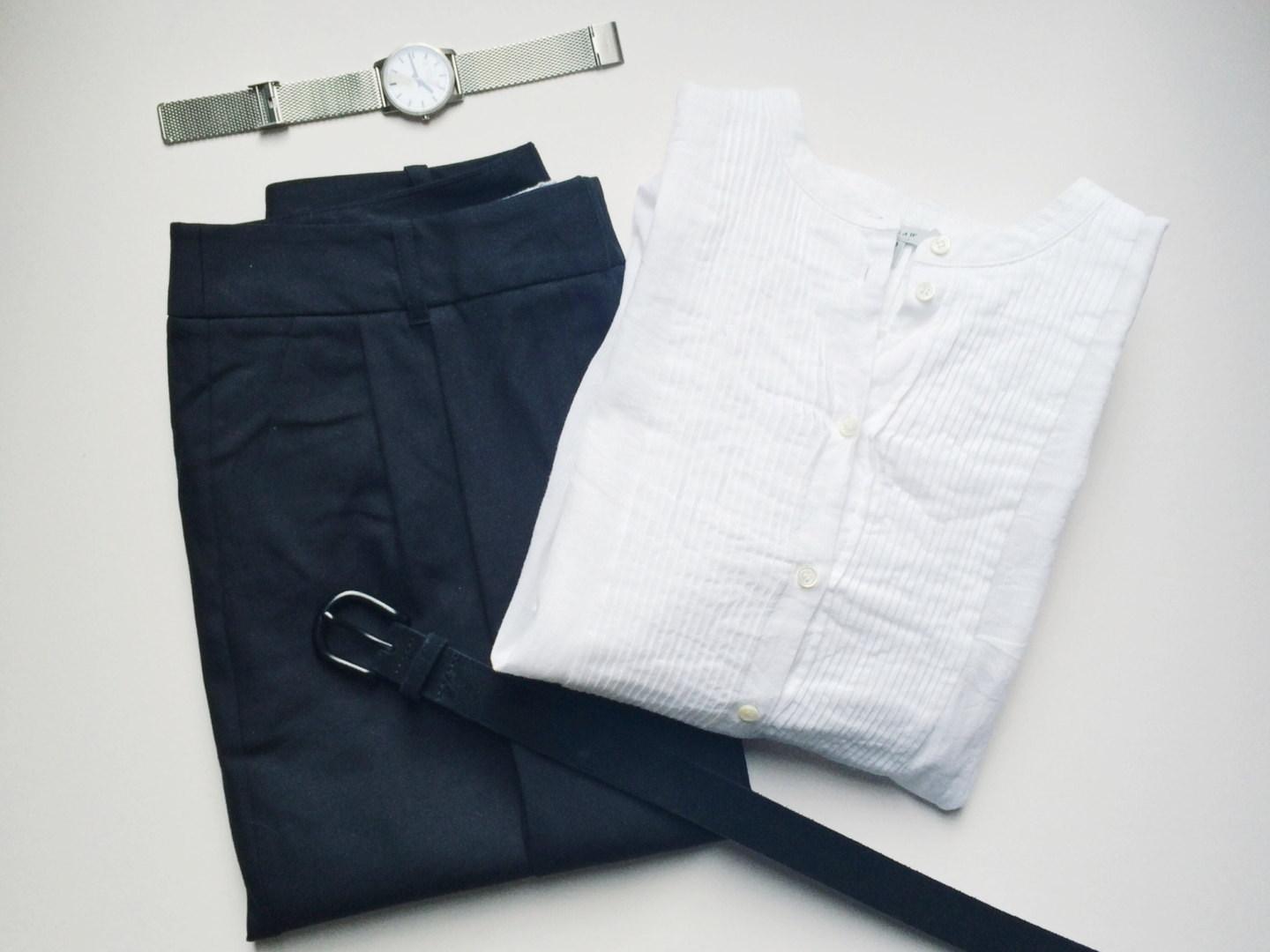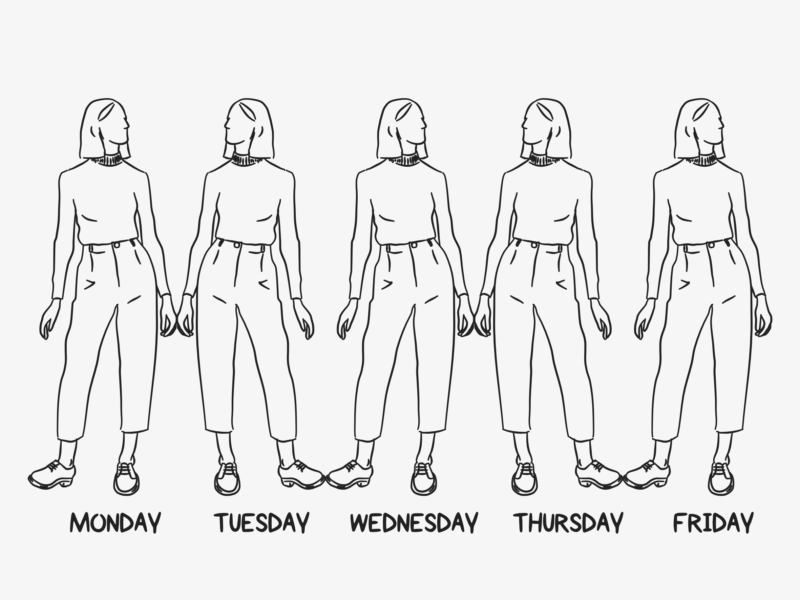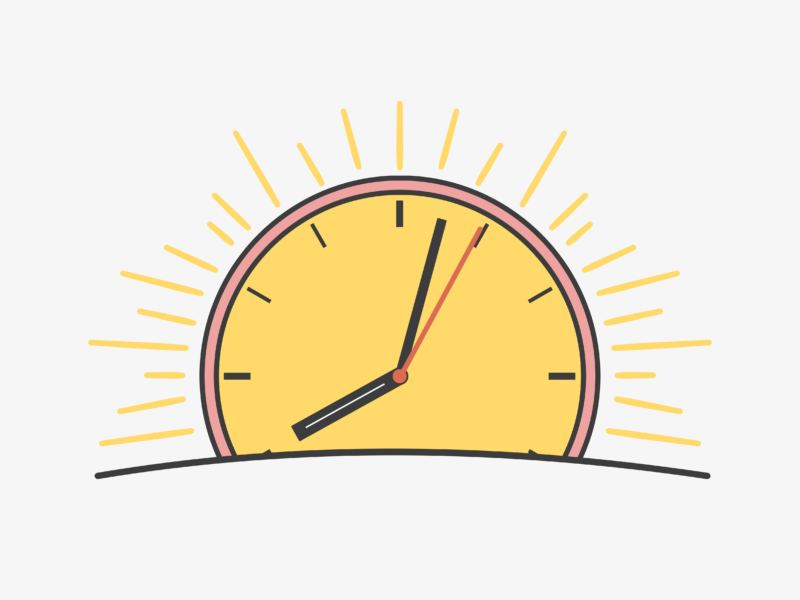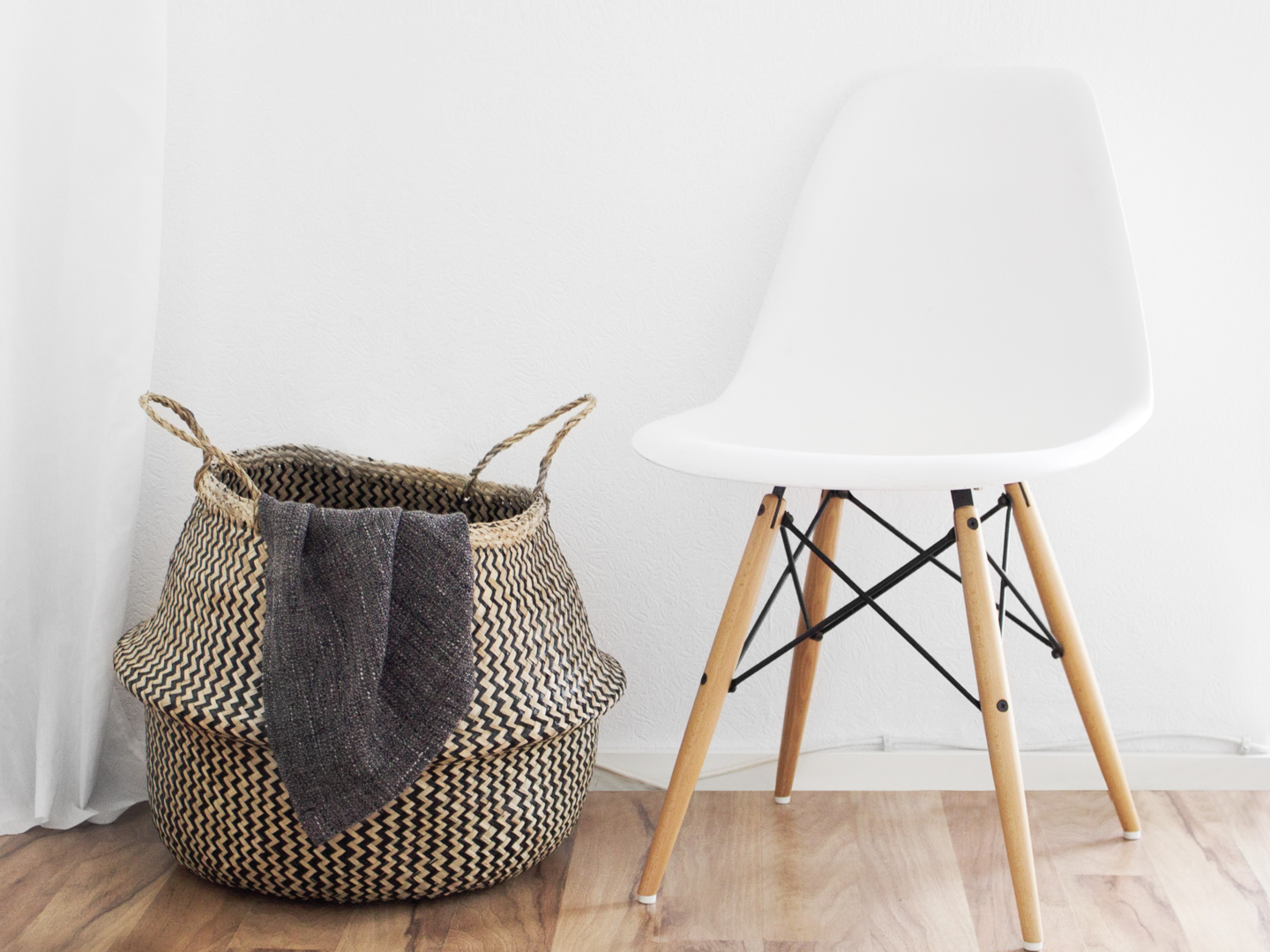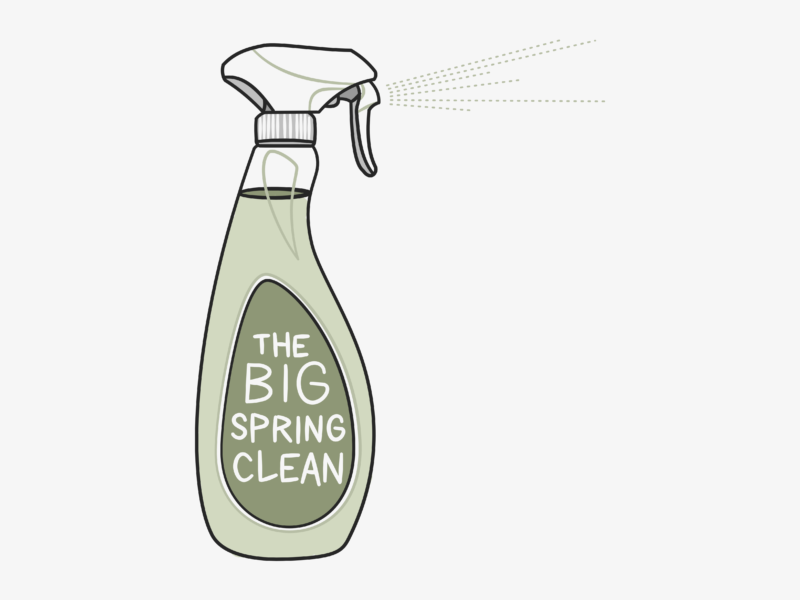As someone who works full time, blogs and works as a freelance designer, I’m always juggling different tasks and trying to eek as many hours out of the day as I can. In the process of trying to maximise my time I’ve made a lot of mistakes that led to unnecessary stress and really long nights, and I’ve learned a lot from those mistakes. These are the things I wish I knew about time management 5 years ago.
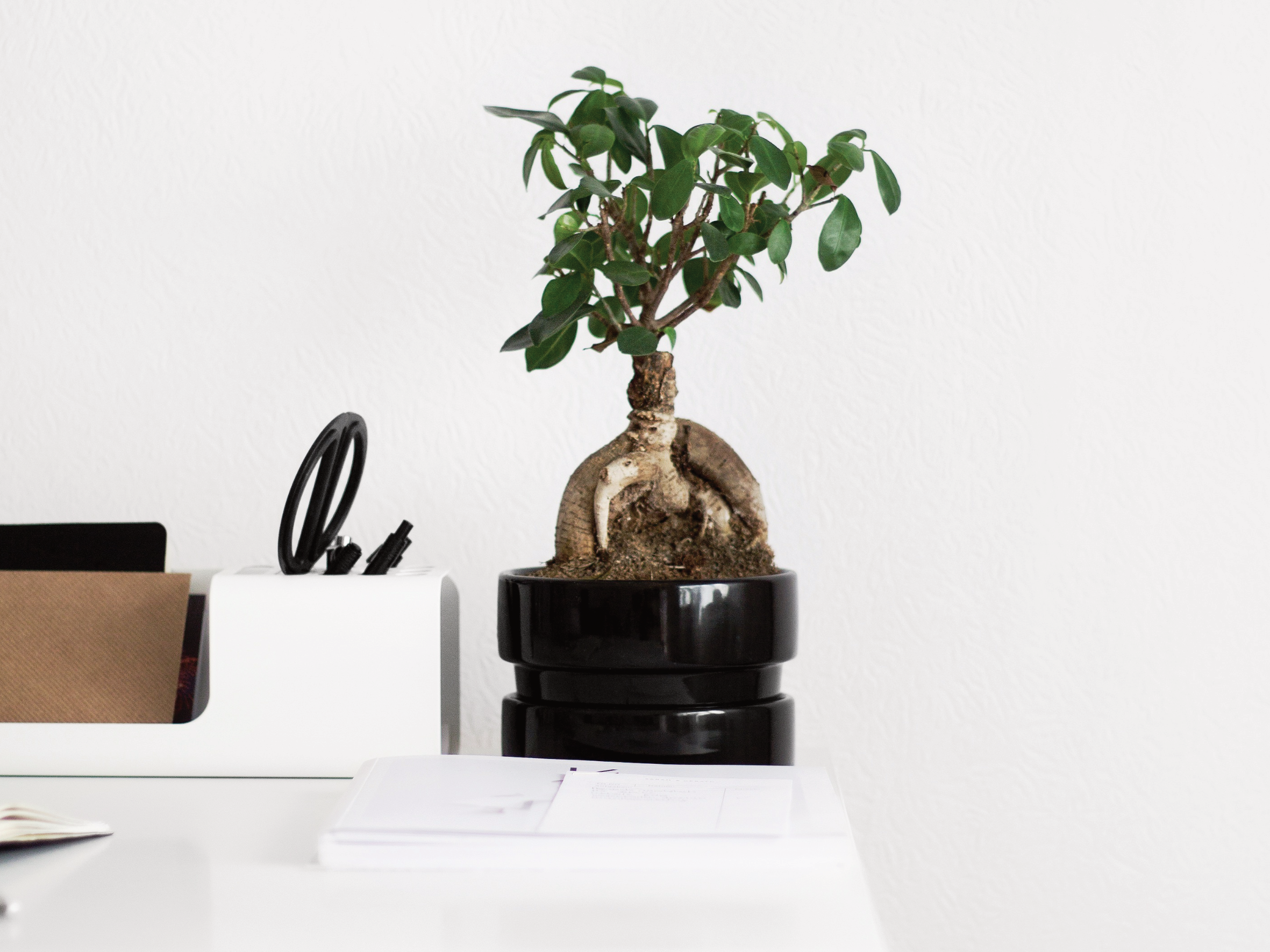
TIME BLOCK YOUR DAY
As someone who used to just write a to do list and hope it happened, time blocking has honestly been such a revelation. I schedule my days, particularly weekends, by marking out blocks of time to work on certain tasks, that’s one task per time block. Since starting a more schedule based approach I’ve achieved so much more and worked a lot more efficiently. Time blocking helps you know what you should be doing next, how long something should take you and also how much you can achieve in the day (quite often I transfer my to-do list into my schedule and realise there’s just not enough time to do everything).
SCHEDULE IN BUFFER-TIME
When you time block the temptation to plan work for every minute from dawn until dusk is so real, especially when you have a to-do list that’s longer than your arm. You have to stay strong and plan in buffer time. As much as it might feel wrong not to fill your schedule right to the top, leaving some extra space for things to go wrong or take longer than you think is absolutely essential because it will happen. Having that extra space means you can be realistic about what you can actually achieve and it means that if/when things go wrong you don’t feel bad about it. Plus, there’s the added bonus that if everything goes smoothly you get to tick off your to-do list early!
YOU CAN’T ALWAYS BE PRODUCTIVE
Some days you’re just not going to work very well. I used to beat myself up quite a lot over those days because so much of my idea of my value is caught up in how productive I am. But remembering that you’re only human and allowing yourself to have slow days and rest makes you more productive in the long run.
YOU CAN’T WORK ALL DAY
Tagging onto that last point, you need to take breaks. You should be taking breaks between tasks so that you can stay focused as well as longer rests at the end of the day to unwind. Breaks are good for your health, both mental and physical, and they’re good for your productivity. I’m still working on getting better at taking full days off every once in a while, but all of these tips are works in progress for me.
MULTITASKING DOESN’T WORK
As much as it might seem like it, multitasking doesn’t make you more productive. I have tried it many times and always come to the same conclusion that doing one thing at a time, and really focusing on that one thing, is the most efficient way to work.
SET DEADLINES
I work fastest when there’s a deadline coming up because that piece of work always gets bumped up to being my top priority. I’m definitely not suggesting that you leave everything until the last minute, please don’t do that. But because you’re more focused when time is limited, set deadlines for everything. I found that the tasks that I didn’t have proper deadlines for, usually my own projects, dragged on and on and on and constantly got deprioritised. Set realistic deadlines for everything you want to achieve to make sure it actually gets done when you want it to be done.
SET UP A ROUTINE AND STICK TO IT
I love having a routine, it gives my days structure and it helps me stay focused. I know a lot of people find routines scary, but I would highly recommend giving a work routine a go because you can really make it whatever you want to and it doesn’t have to be super rigid. That might mean anything from I do all of my admin tasks on a Friday, or I finish work at 9:30 every day, or I do my jobs in this order every day.
JUST GET GOING
Sometimes the easiest way to start working is just to start working. That might sound so obvious it’s stupid but it’s easy to forget and decide you’re going to start when it’s just the right moment or when the rain stops or when you’ve scrolled through every Buzzfeed article you can find. You just have to start. If I’m feeling particularly apprehensive about work, or particularly procrastinate-y, I like to start with something small. Ticking off the littlest thing on your to-do list is the quickest way to get you feeling productive.
PRIORITISE PRIORITISE PRIORITISE
There will never be enough hours in the day so you have to prioritise what you’re working on. “Is it due soon?” and “is it essential?” are always the two questions I start with when I’m deciding my work priorities. But it’s also important to ask “is it a priority to my well-being?”. You shouldn’t have to prioritise work over your health and happiness.
GROUP MEETINGS INTO BLOCKS
There’s a weird period of time before you have a meeting where you just don’t really do anything because you’re doing a bit of a pre-meeting procrastinate. Group all of your meetings together where you can to try and minimise the amount of time you’re psyching yourself up to sit through another presentation or meeting that could have been an email. I also try and do this with phone calls, emails, and all other similar types of work communication for the same reasons.
WORK IN SPRINTS
I used to try and work for hours and hours in one go, and it just didn’t work. I’d lose focus and become unproductive before I was even halfway done with whatever I was working on. Instead, I now work in sprints which are normally about 45 minutes long (sometimes a bit more sometimes a bit less, I’m not as strict as the Pomodoro method) and then take a quick breather. The amount of time I work for depends on the kind of task I’m doing. Figure out how long you can actually focus on a task for and then work in sprints of that amount of time to keep focused and engaged.
BREAK DOWN TASKS
I talked in my goal setting post about breaking down goals into manageable chunks, the same goes for tasks. Break everything on your to-do list down into chunks that you can do in one go. You’re more likely to do them that way, and you feel a lot more accomplished, and that sense of accomplishment puts you in a positive mindset for doing more.
ALWAYS TAKE NOTES
The number of times I’ve been in a meeting at work or having a conversation with a colleague and then an hour later needed to refer back to what was said and just can’t remember is way too high. Take notes of everything, that includes, but is not limited to: things you need to do, how to spell the names of important people, phone numbers, email addresses, words you don’t know, deadlines, and anything interesting you hear about because that way you can ask about it in conversation later.
FILE THINGS IN A WAY YOU WILL FIND THEM LATER
Following on from taking notes, make sure you file those notes and everything else you do in a way that you can find them again later. There is nothing more frustrating than knowing you’ve got a document that could be really useful but having no idea where it is. I’m not going to suggest a system here because I think a lot of it is down to personal preference but I will say it’s worth putting a little bit of time into designing a system that works for you and reviewing it as you go.
AUTOMATE WHAT YOU CAN, BATCH WHAT YOU CAN’T
If there are any tasks you find yourself doing a lot whether that’s scheduling social media posts, converting files or chasing up on invoices find out what you can automate and do it. Automating tasks can take a bit of time at first, but it is honestly so satisfying. I can’t explain to you the joy of creating a photoshop droplet and watching it edit 200 images for you – it is honestly just so magical. If there are things you can’t automate do them in batches. Working in batches can reduce setup time and makes small tasks a lot more efficient. I now take my blog/Instagram photos in batches unless they’re taken out and about, and I do all of my meal prep on a Sunday and it saves me so much time.
BLOCK OUT DISTRACTIONS, DON’T RELY ON WILL POWER
I’ve spoken about Freedom before in a run down of top apps for designers but I want to bring it up here again. Unless you’re a superhuman you probably can’t resist the temptation of all of the distractions the internet and your notifications have to offer. So use something like Freedom to block them so that you can focus on the task at hand rather than battling desire to keep hitting refresh.
